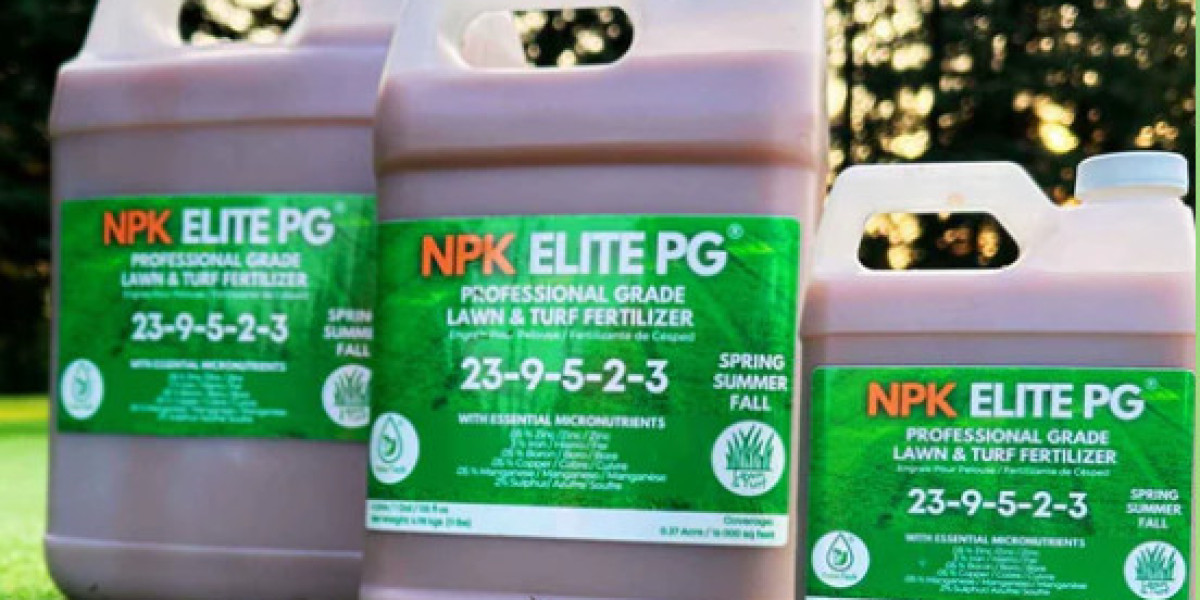In recent years, the gardening world has seen a significant shift towards sustainability and eco-friendliness. One of the key drivers of this trend is the growing use of organic fertilizers. Unlike synthetic alternatives, organic fertilizer offers numerous benefits, from enriching the soil to promoting healthier plant growth.
Understanding Organic Fertilizers
What Are Organic Fertilizers?
Organic fertilizers are derived from natural sources, including plant, animal, and mineral origins. They contain essential nutrients that plants need to grow, such as nitrogen, phosphorus, and potassium, in a form that is easy for plants to absorb. Examples include compost, manure, bone meal, and seaweed extracts.
Benefits of Using Organic Fertilizers
- Improves Soil Structure: Organic fertilizers enhance soil structure, increasing its ability to retain water and nutrients.
- Encourages Microbial Activity: They foster a healthy ecosystem of beneficial microorganisms that aid in nutrient breakdown and absorption.
- Safe for the Environment: Being biodegradable, organic fertilizers reduce the risk of water contamination and soil degradation.
- Promotes Sustainable Practices: Using organic fertilizers supports the recycling of natural waste, contributing to a more sustainable gardening approach.
Top Tips for Using Organic Fertilizers
1. Choose the Right Type of Organic Fertilizer
Selecting the appropriate organic fertilizer for your garden is crucial. Different plants have varying nutrient requirements, so it's essential to match the fertilizer to your plants' needs. For example, leafy greens benefit from nitrogen-rich fertilizers like composted manure, while flowering plants thrive on phosphorus-heavy options like bone meal.
2. Test Your Soil
Before applying any fertilizer, conduct a soil test to determine its nutrient content and pH level. This information will guide you in choosing the right fertilizer and applying the correct amount. Over-fertilizing can be just as detrimental as under-fertilizing, so precise application is key.
3. Apply Fertilizers at the Right Time
Timing is everything when it comes to fertilizing your garden. For most plants, it's best to apply organic fertilizers in the early spring and late fall. This timing ensures that nutrients are available during critical growth periods. Additionally, avoid fertilizing during extreme weather conditions to prevent nutrient loss and plant stress.
4. Use Compost for Continuous Nourishment
Compost is one of the most versatile and effective organic fertilizers. Regularly adding compost to your garden beds improves soil fertility and structure over time. It's an excellent way to recycle kitchen scraps and garden waste, turning them into valuable plant food.
5. Combine Organic Fertilizers with Mulching
Mulching is another sustainable practice that complements the use of organic fertilizers. By adding a layer of organic mulch, such as straw or wood chips, you help retain soil moisture, suppress weeds, and gradually enrich the soil as the mulch decomposes. This synergistic approach promotes a healthier, more resilient garden.
Conclusion
Unlocking the power of lawn care is a game-changer for gardeners looking to cultivate thriving, sustainable gardens. By understanding the benefits and following these top tips, you can ensure your plants receive the best possible care. Embrace organic fertilizers, and watch your garden flourish with robust growth, vibrant blooms, and abundant harvests.


